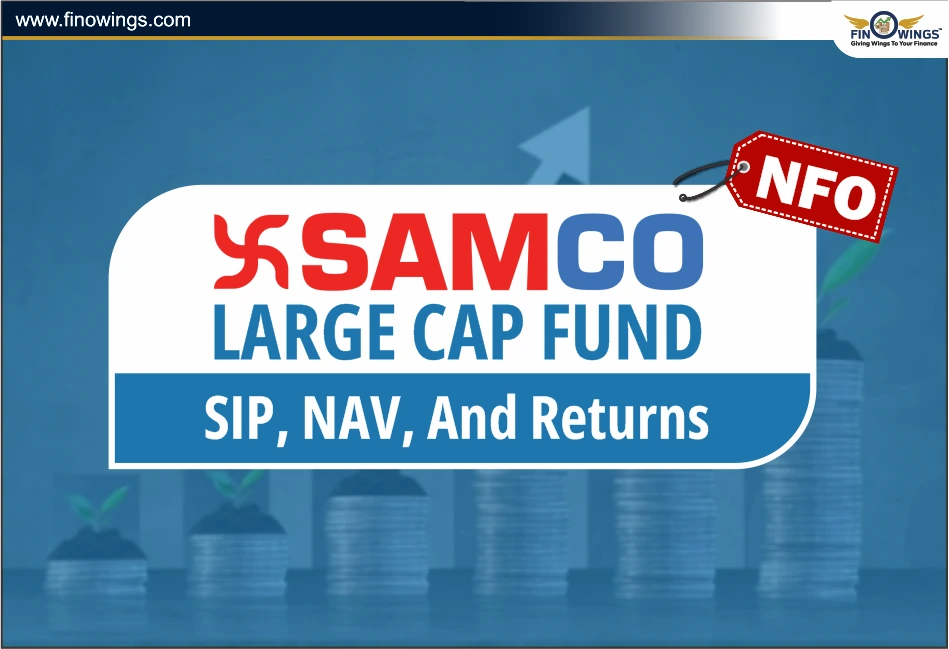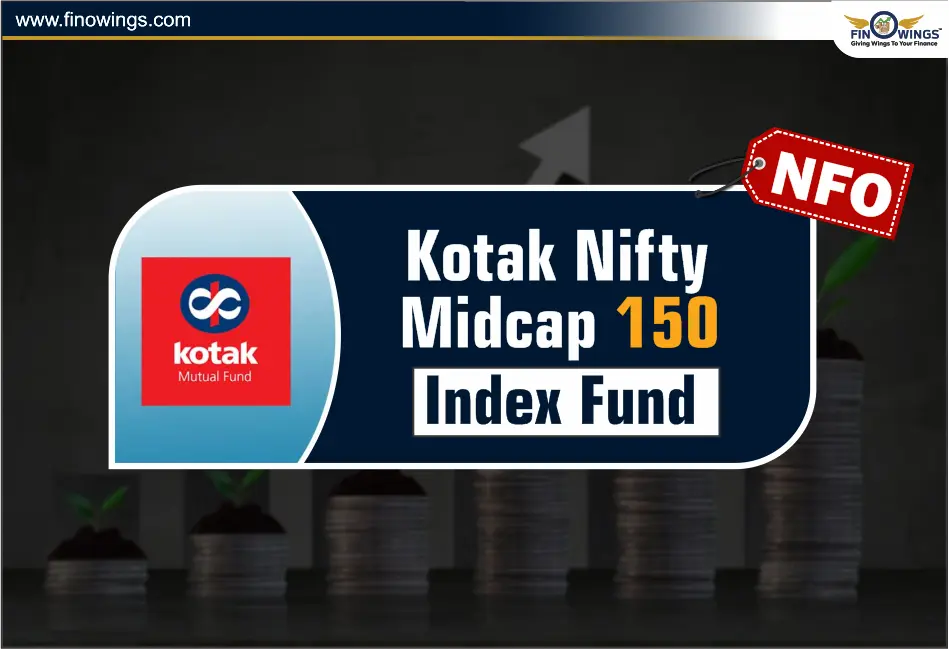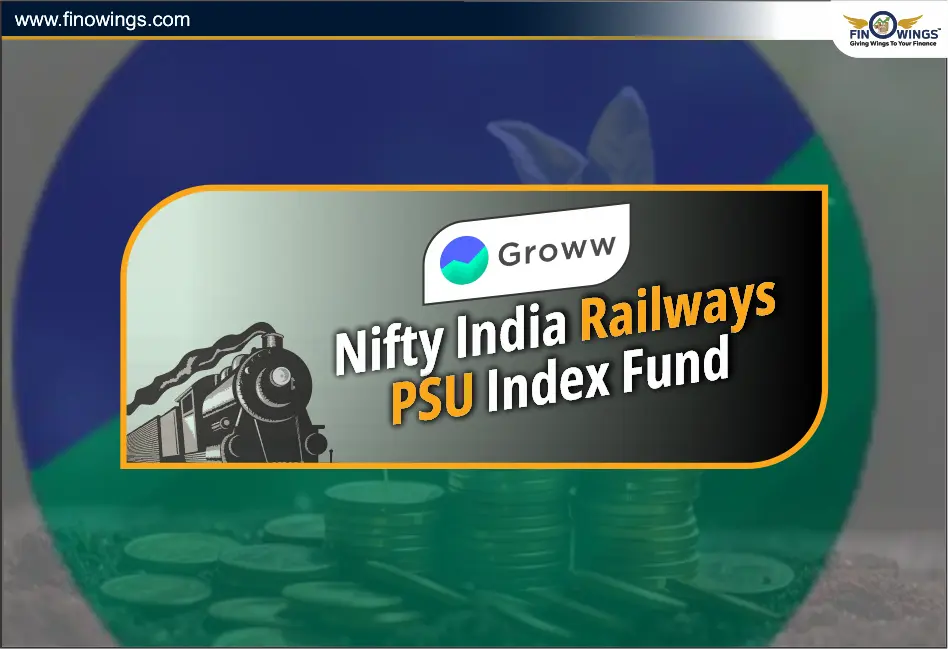Home >> Blog >> WhiteOak Capital Arbitrage Fund NFO: Review, Date & NAV
WhiteOak Capital Arbitrage Fund NFO: Review, Date & NAV

Table of Contents
- WhiteOak Capital Arbitrage Fund: Complete Overview
- WhiteOak Capital Arbitrage Fund NFO Details
- Fund Overview
- How To Invest In The NFO After The Closure Date?
- The Objective of The Fund
- Peers of WhiteOak Capital Arbitrage Fund
- Risk Factors In Such Funds
- Past Performance of Arbitrage Funds
- WhiteOak Capital Arbitrage Fund NFO-Who Can Invest?
- WhiteOak Capital Arbitrage Fund-Growth Fund Managers:
- Conclusion
WhiteOak Capital Arbitrage Fund: Complete Overview
WhiteOak Capital Mutual Fund (MF WhiteOak) launched the WhiteOak Capital Arbitrage Fund under its AMC ‘WhiteOak Capital Asset Management Limited’. It is an open-ended equity program that makes investments in arbitrage opportunities.
The NFO date is from August 28 to September 03, 2024, with an NFO price of Rs.500 and in multiples of Rs.1 thereafter. WhiteOak Capital Mutual Fund AUM is Rs.11,878.38 crore (as of 30 Jun 2024). The exit load of the Scheme is 0.25% if units get redeemed within 7 days.
Today at the WhiteOak Capital Arbitrage Fund NFO blog, we're dedicated to providing you with useful information on this new NFO, including financial characteristics and prior performance if any.
WhiteOak Capital Arbitrage Fund NFO Details
The scheme is suitable for investors who want to generate short to medium-term returns by investments mostly in cash and derivatives market arbitrage opportunities. The scheme is a low-risk scheme. There is no assurance that the scheme's investment goal will be met. The scheme will invest under normal conditions 65-100% of its units in equity and equity-related instruments with equity derivatives, 0-35% in debt instruments and money market instruments, such as the margin funds used in derivative deals, and 0-10% in REITs & InVITs units.
The scheme has declared a defensive allocation pattern also in case alternative investment yields higher profits or if there are very few arbitrage opportunities in the market. The defensive circumstances allocation pattern is 0-65% of its units in equity and equity-related instruments with equity derivatives, 35-100% in debt instruments and money market instruments, such as the margin funds used in derivative deals, and 0-10% in REITs & InVITs units.
If you're an established participant or new to the world of New Fund Offer, you've come to the right place to learn about the latest trends, insights, and news of NFO Mutual Fund.
Click Here To Stay Updated With The Latest NFOs.
Fund Overview
The WhiteOak Capital Mutual Fund NFO minimum subscription amount is Rs.500 and in multiples of Rs.1 thereof.
|
Start Date |
28 August 2024 |
|
End Date |
03 September 2024 |
|
Allotment Date/Subscription Date/Re-open Date |
The allotment is within 5 business days from the closure of the NFO and re-opens within 5 business days after the allotment date. |
|
VRO Rating |
- |
|
Expense Ratio |
Nil |
|
Exit Load |
- 0.25%, if units are redeemed within 7 days. - Nil after 7 days. |
|
AUM |
Rs.11,878.38 crore (as of 30 Jun 2024). |
|
Lock-in |
NA |
|
Stamp Duty |
0.005% (From July 1st 2020) |
|
Benchmark(s) |
NIFTY 50 Arbitrage TRI |
|
Min. Investment |
Rs.500 and in multiples of Rs.1. |
|
Risk |
Low |
|
Short-Term Capital Gains (STCG) |
For less than 1 year, a 20% tax is applicable. |
|
Long-Term Capital Gains (LTCG) |
For more than 1 year, a 12.50% Tax is applicable above the gain of Rs.1.25 lac in an FY. |
How To Invest In The NFO After The Closure Date?
If you have missed participating in the NFO and now want to invest in the same Scheme on a continuous basis, then within 5 business days after the allotment date, when the Scheme will reopen; you will have the option to participate and invest directly in the Mutual Fund by spending at NAV based price by logging on to your Demat account and search for “WhiteOak Capital Arbitrage Fund” or directly with the AMC or simply click the ‘Banner’ below.
The Objective of The Fund
The Scheme aims to produce returns by investing mostly in equity market arbitrage opportunities in the cash and derivatives areas, with the remaining portion going into debt and money market instruments. Nevertheless, there can be no assurance or guarantee that the scheme's investment goals will be met.
Asset Allocation (% of Total Assets) of the Scheme's Portfolio will be as follows:
|
Types of Instruments |
Minimum Allocation (% of Total Assets) |
Maximum Allocation (% of Total Assets) |
|
Units in equity and equity-related instruments with equity derivatives. |
65 |
100 |
|
Debt instruments and money market instruments, such as the margin funds used in derivative deals. |
0 |
35 |
|
REITs & InVITs Units. |
0 |
10 |
Peers of WhiteOak Capital Arbitrage Fund
|
Scheme |
1Y Return |
AUM (Rs.) / Fund Size (Rs.) |
|
TATA Arbitrage Fund |
8.32% |
11915.77 Cr. |
|
Invesco India Arbitrage Fund |
8.3% |
17654.19 Cr. |
|
Edelweiss Arbitrage Fund |
8.34% |
12007.18 Cr. |
Since this scheme is a new scheme, hence no comparable data on its past performance against its peers is available. WhiteOak Capital Mutual Fund returns approximately 5.77% and 5% annually on average over the last three and five years.
Risk Factors In Such Funds
-
A significant portfolio turnover rate is also anticipated for the scheme, particularly in an erratic market. Additionally, the Scheme suggests executing arbitrage transactions in multiple markets at the same time, which could lead to a large transaction cost and portfolio turnover.
-
When using arbitrage tactics across different market segments, there is an execution risk that could lead to lost investment opportunities, losses, or expensive transaction fees.
-
Even though the futures market is usually more liquid than the underlying cash market, there is no guarantee that the scheme will always have access to ready funds to buy and close out a particular future contract.
-
The scheme's success will be directly impacted by the NIFTY 50 Arbitrage TRI's performance. Therefore, any modification in composition due to weighting or stock selection will affect the scheme.
-
Fixed-income products, including corporate and government bonds, money market instruments, and derivatives, are subject to interest rate and price risk. In general, the values of current fixed-income instruments decrease when interest rates rise, and vice versa when interest rates decrease.
-
Due to variables affecting the underlying assets, investments in REITs and InvITs are prone to daily price changes and are therefore considered volatile.
Past Performance of Arbitrage Funds
|
Arbitrage Funds |
NAV (Rs.) |
Annualised Return |
Return / Risk |
|
Baroda BNP Paribas Arbitrage Fund-Direct Plan-Growth |
15.96 |
8.26% |
Low |
|
SBI Arbitrage Opportunities Fund - Direct Plan-Growth |
33.79 |
8.07% |
Low |
|
Kotak Equity Arbitrage Fund-Direct Plan-Growth |
37.61 |
8.45% |
Low |
|
LIC MF Arbitrage Fund-DirectPlan-Growth |
13.60 |
7.71% |
Low |
WhiteOak Capital Arbitrage Fund NFO-Who Can Invest?
This Fund is ideal for those who want to achieve short to medium-term returns by investments mostly in cash and derivatives market arbitrage opportunities.
WhiteOak Capital Arbitrage Fund-Growth Fund Managers:
-
Mr. Ramesh Mantri (For Equity Securities)
-
Mr. Ashish Agrawal (For Equity Securities)
-
Mr. Piyush Baranwal (For Debt Securities).
Conclusion
The WhiteOak Capital Arbitrage Fund is appropriate for investors who are low risk-tolerant and aiming for capital returns over a short horizon in an equity scheme that primarily invests in arbitrage opportunities.
Always assess your Financial Goals, Risk tolerance, time horizons, etc. before making an investment decision.
Disclaimer: This NFO analysis is provided solely for informative reasons and should not be construed as investment advice. Always conduct research and talk with a financial advisor before investing.
Frequently Asked Questions
The old name of White Oak Capital Mutual Fund is Yes Mutual Fund.
Arbitrage fund generally carries low risks because each security in the Scheme is bought and sold at the same time. So it is for short-term investments.
It can’t be said if it's good or not. No Mutual fund can be judged. It all depends upon the returns they have provided in the past, risk category, portfolio of investments, horizon, and other crucial factors.
Mr. Prashant Khemka is the owner of White Oak Capital.
NAV expands as Net Assets Value.
The minimum investment for the Scheme is Rs.500 and in multiple of Rs.1 thereafter.




















